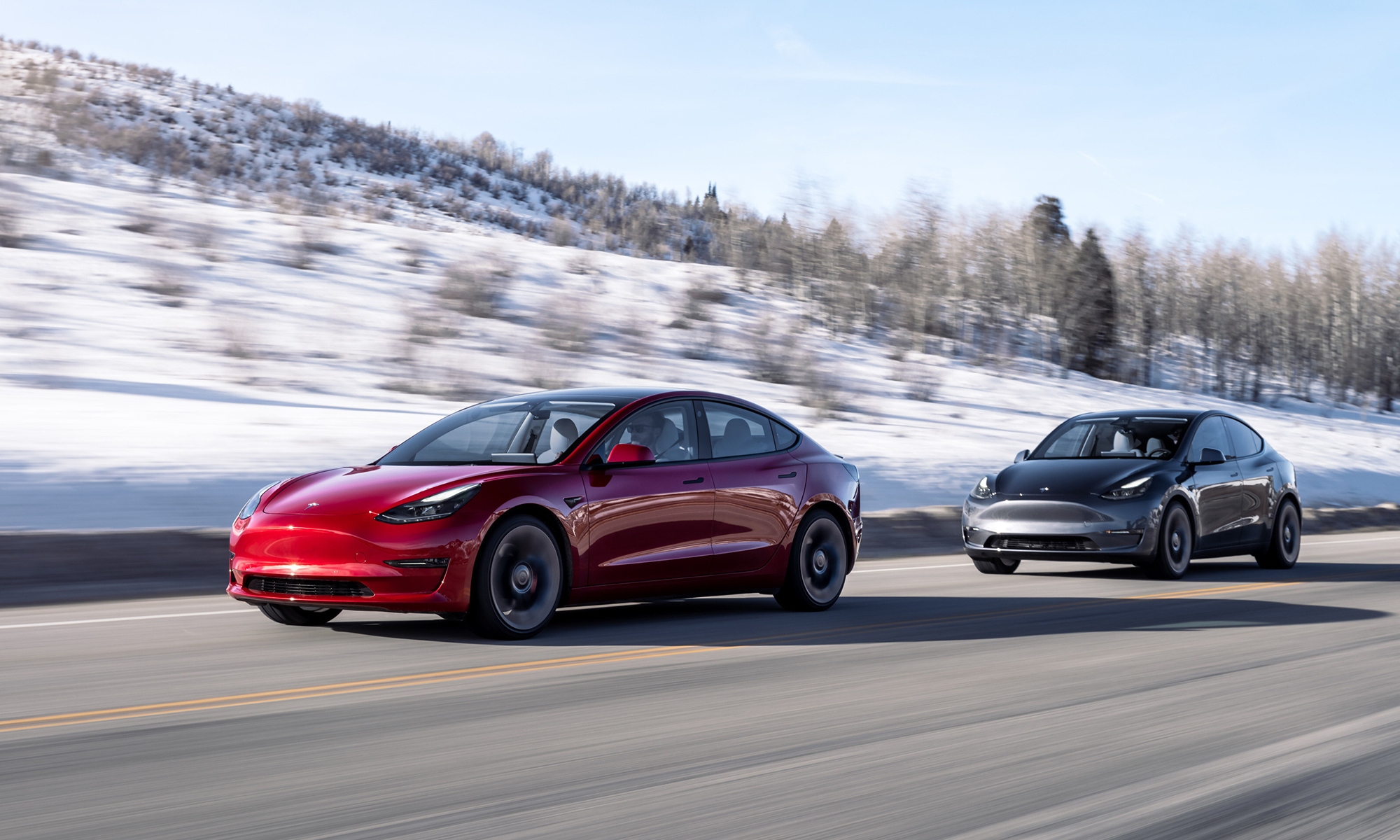Hello. My name is Sean, and I am currently short shares of electric vehicle manufacturer Tesla Motors (TSLA +0.90%).
I've always considered myself something of a contrarian and underdog investor, looking for buying opportunities in downtrodden stocks that Wall Street has cast away, while betting against companies that can seemingly do no wrong.
Understanding the anatomy of a Tesla short-seller
Because I'm short shares of Tesla I've been called about every name in the book, ranging from clinically insane to downright stubborn for standing in the way of its innovative capacity. Apparently, though, I'm not alone. As of Friday there were 31.3 million shares of Tesla Motors currently held by short-sellers. That represents 39.1% of the total float and is closing in on Tesla's all-time record number of short shares held of 32.3 million, which was set about a year ago.
But, there's likely one thing you probably don't understand about the majority of Tesla short-sellers like myself: We don't actually think Tesla will fail.

Source: Tesla Motors.
On the contrary, I commend CEO Elon Musk and Tesla for introducing the first successful new vehicle brand in 50 years and for claiming the 2013 Motor Trend Car of the Year award. Tesla's Model S offers a clear comparative advantage over existing EVs out on the road in terms of safety, lack of mechanical issues/recalls, and, most importantly, driving range, having doubled or tripled its best-selling competitors in that category.
Instead, the majority of short-sellers merely have a problem with the way Wall Street and investors are treating Tesla's comparative advantage. This isn't a question of whether or not Tesla Motors is going to survive -- I believe the fact that it's not had to spend a cent on advertising proves that the Model S is practically selling itself in its early stages of production -- it's a question of how much Tesla's comparative advantage is really worth. For short-sellers like myself, we would contend significantly less than where Tesla is currently valued.
The Gigafactory is a huge question mark
In particular, the market and investors seem willing to ignore obvious expansion risks that short-sellers appear obviously skeptical over.
Just last weekend we examined the rewards as well as the risks associated with expanding Tesla's operations through its Gigafactory. While it could revolutionize battery production and help lower battery pack pricing to affordable levels for many consumers, the Gigafactory isn't without a number of major risks.
Source: Tesla Motors.
Although you can read these five risks in considerably better detail here, here are the three primary concerns I have as a short-seller given the immensity of expansion:
- Tesla has no manufacturing experience in lithium-ion battery production or scaling up an LI-battery facility.
- The margins on current LI-battery facilities are in the low single digits and may not prove meaningful. Tesla's Gigafactory should be more efficient, but it'll also be splitting some of those profits with its partners.
- Most worrisome is what happens if a more efficient battery technology comes along. It's not going to be easy for Tesla to simple rejigger its operations with up to a 10 million-square-foot facility dedicated to LI-batteries.
But there could be even more immediate risks
However, there are risks that aren't being accounted for well beyond just the Gigafactory. There are a number of existing expansion concerns that should have investors treading cautiously around Tesla, yet many are willing to look the other way.
Perhaps the most blatant smack in the face comes from the fact that Tesla is still losing money on a GAAP basis (which includes stock-based compensation and special accounting for resale value guarantees). Its $0.16-per-share loss in the fourth quarter was lower than the year-ago quarter but still points to a company struggling to find its breakeven profit point despite a valuation that crept above $30 billion just two weeks ago.
The common retort to Tesla's GAAP losses from optimists is simply that Tesla's technology is unparalleled, and that in a decade's time Tesla's EVs could be dominating our roadways. But where is the premium for Ford (F +4.80%), which a few years ago introduced the EcoBoost engine, which can run on far less gasoline thanks to superchargers, but still produces ample horsepower when needed? You can find its EcoBoost engines in all vehicles, from smaller cars to trucks, and this engine technology is likely to find its way into as many Ford vehicles this year as it did in the 2009-2012 years combined! Is Wall Street giving Ford a huge premium for this technological advance? Nope! So why are we giving Tesla a mammoth multiple for its EV technology?
Another concern that I've hit on multiple times is the exclusionary nature of the Model S. On one hand, the Model S perfectly appeals to environmentally conscious consumers, and it offers incredibly sleek and fresh styling. But the reality is that its price point, which starts north of $70,000 and can range up to $110,000, will price most Americans out of owning one.
If the price isn't what gets you, perhaps simple geographical location will.
Source: Tesla Motors, supercharging station map current as of March 15, 2014.
While Tesla is currently working on a supercharger network that will span the country and allow owners of its EVs to travel anywhere, the current supercharger network of just 79 stations leaves a lot to be desired. If you live anywhere outside these EV bubbles, you can forget about any extended road trips in your car without potentially lengthy stops to charge up. In addition, charging up can be a problem in itself for people who live in apartments, condos, or highly populated metros.
The last straw is simply Tesla's valuation compared with how many EVs its capable of producing. Toyota (TM +0.66%) and General Motors (GM +3.93%) sold 9.98 million and 9.71 million vehicles throughout the world in fiscal 2013. Both companies are currently valued by the market at $172.3 billion and $54.2 billion, respectively. Considering that GM only exited a bankruptcy reorganization a few years ago and is dealing with a huge recall at the moment, I can somewhat understand the big market value gap between the two. Tesla, though, is only projecting that 35,000 EVs will be produced in fiscal 2014, yet it boasts a $28.5 billion valuation -- that's almost $813,000 per car! Does that make sense to you?
In sum, we short-sellers are willing to accept being called stubborn and insane by current shareholders, but we also recognize that bulls just might be even crazier than we are by bidding Tesla even higher.











